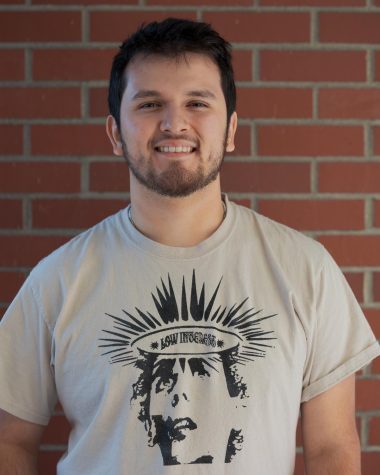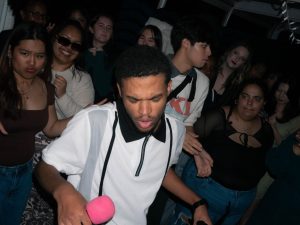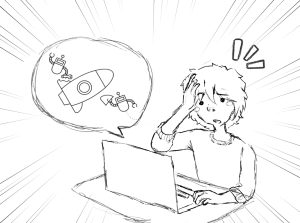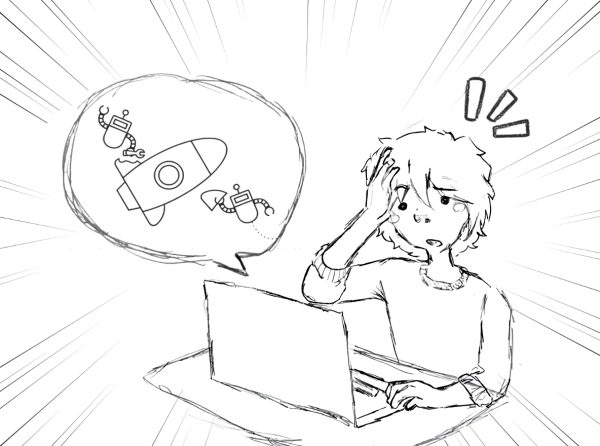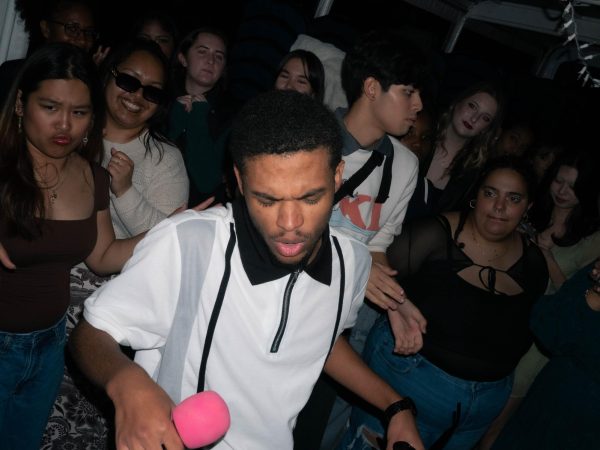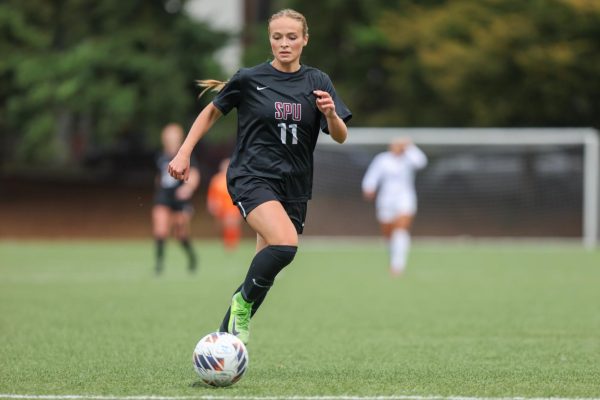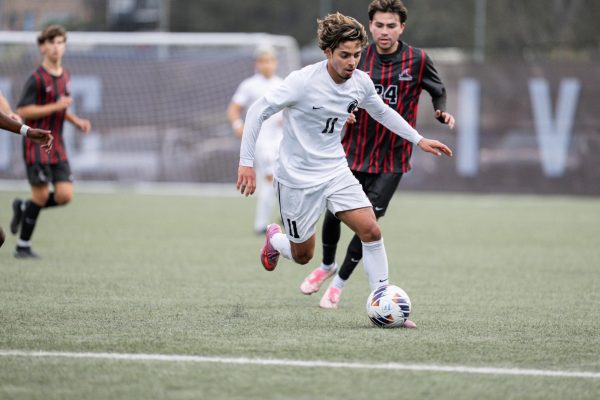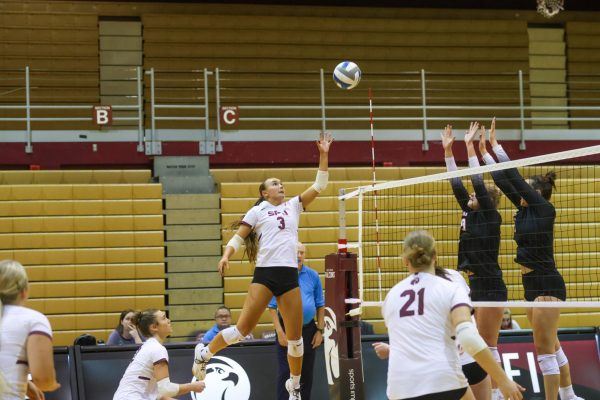Campus against COVID
SPU announces high COVID-19 vaccination rate
October 13, 2021
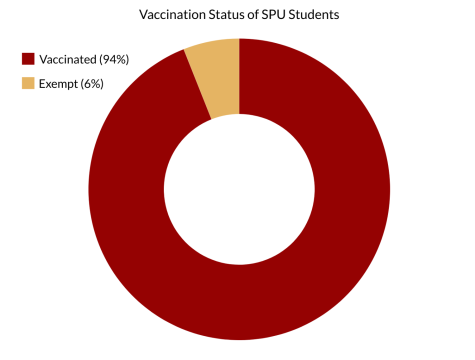
A statement from Seattle Pacific University’s Senior Leadership Council announced that 94% of SPU students and staff are fully vaccinated against COVID-19.
The email sent out on Oct. 4 stated that the high rate of vaccination is the reason why COVID regulations can remain less restrictive as students and staff return to campus. As opposed to last year, 2021 fall quarter regulations allow for students to serve themselves meals at lunch, use dorms and recreational spaces more socially, and have allowed for events like First Friday to occur.
Second year nursing major Abigail Waunch says that a majority of campus being vaccinated makes her feel safer.
“Most people I know are vaccinated, and I feel that offers a level of comfort in knowing that we are less likely to have bad symptoms or difficulties recovering if we were to get infected with covid,” Waunch said. “Although I know the vaccines can’t completely prevent a covid outbreak or cases in general, it does feel safer knowing that the majority of campus is vaccinated.”
Fourth year apparel merchandising major Alex Okabayashi believes that getting vaccinated is important for the good of others.
“I think it’s the responsible thing to do. Back when the vaccine was still getting rolled out in portions last winter, I wanted to get it ASAP,” Okabayashi said. “I wasn’t too worried about my own health as much as I was for other people who couldn’t get access to affordable health care or those at high-risk.”
According to the SPU website, exemptions for vaccinations were granted for religious or medical reasons, such as an allergy to the vaccine. For religious exemptions, the form had to be approved by an authorized representative of a religious institution and required a written explanation of why receiving the vaccine was against religious practices.
“Personally, I don’t think there are many valid reasons for an exemption,” Waunch said. “If there is a medical reason and their provider and the patient agree that the patient could have a bad reaction to the vaccine, then I think that is understandable.”
Despite the SPU community’s high rate of vaccination, third year social justice and Spanish major Emily Kate Stinson also recognizes the potential threat that COVID-19 still poses.
“I still don’t feel as safe on campus as if COVID didn’t exist. Vaccinated people can still contract COVID in rare cases. But I do feel safer vaccinated and knowing that most other students are as well,” Stinson said.
According to the Dean of Student Life Chuck Strawn, cases that may appear on campus will be handled differently this year.
“At this point we haven’t envisioned the need to do a floor quarantine like last year,” Strawn said. “Being a campus that has mandatory vaccinations as part of its protocol, we’re not as anxious about whether somebody tests positive. If we get concerned for when things test positive, our health center is still doing contact tracing. It’s something that we’re monitoring.”
Unlike last year, the university has no plans to conduct random COVID-19 testing.
“There isn’t a plan to do randomized testing, although as time goes on, something that we’ve learned in the past 18 months is like ‘Who knows?’ Strawn said. “At this point, my understanding is that there are no plans to do randomized testing, but that could always change.”
Strawn also stated that the regulations in place have proven to be effective in preventing transmission despite the newly rising Delta variant making waves.
“In reference to the Delta variant, our protocol and the protocol that’s given to us by King County, that’s given to us by the state, it’s consistent across the board. It’s not like there’s a new method of transmission,” Strawn said. “We continue to see that masking and distancing as frequently as we possibly can is the best way to ensure we aren’t having massive spreads and massive impact situations.”
As the quarter continues, the COVID-19 Decision Group will continue to monitor the state of the pandemic and follow state mandated protocols.
“I’m super thankful for all our scientists and researchers and those types of things, who are continuing to do work to allow us to be in a space where we can actually be together,” Strawn said. “We don’t have to be as fearful.”














































































